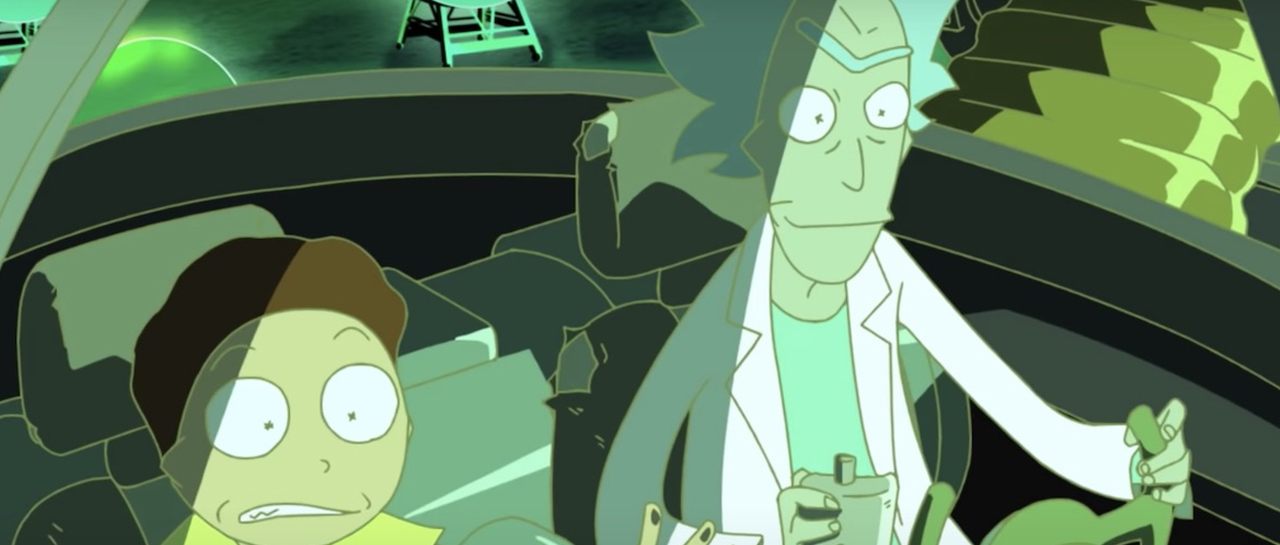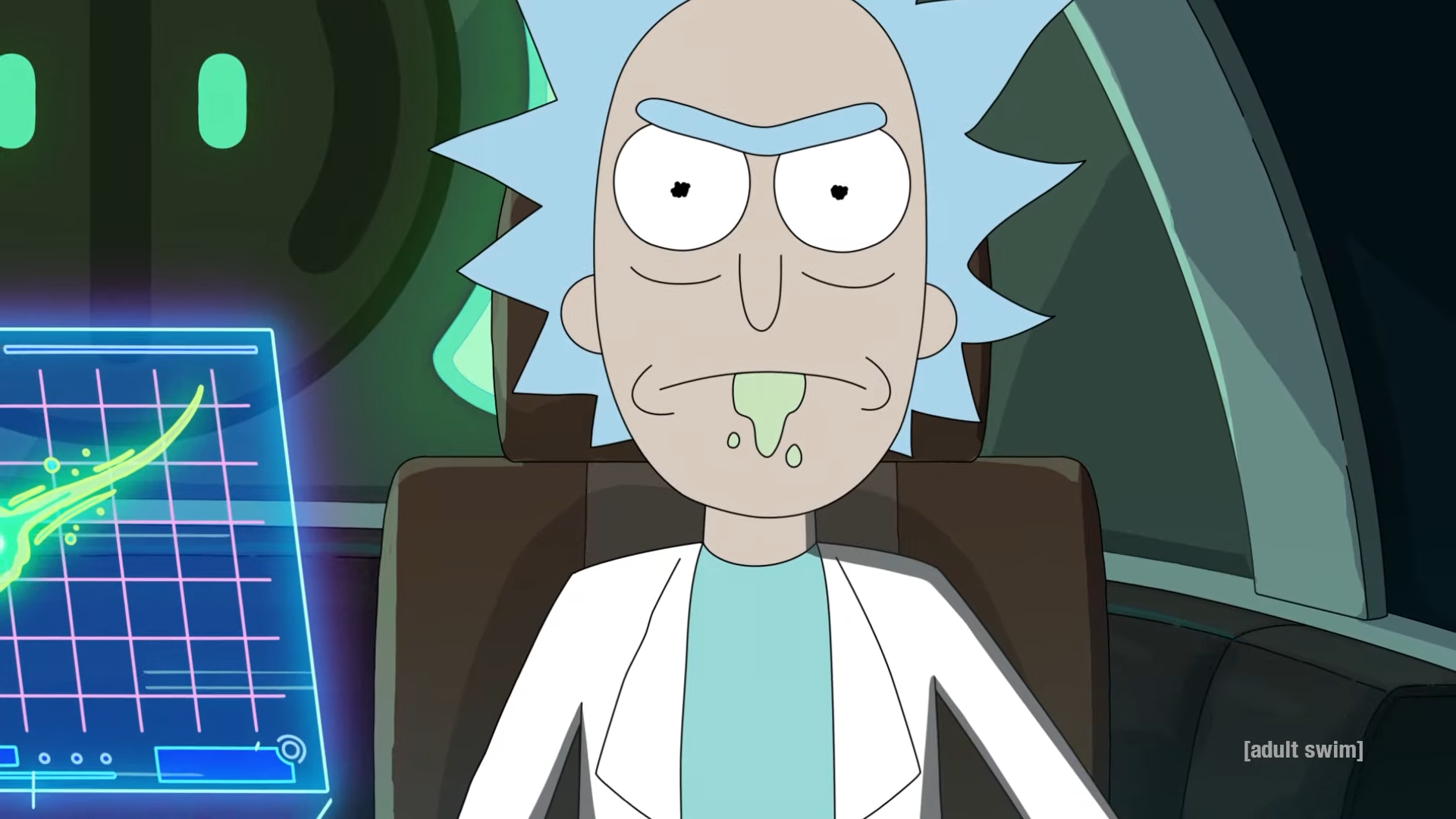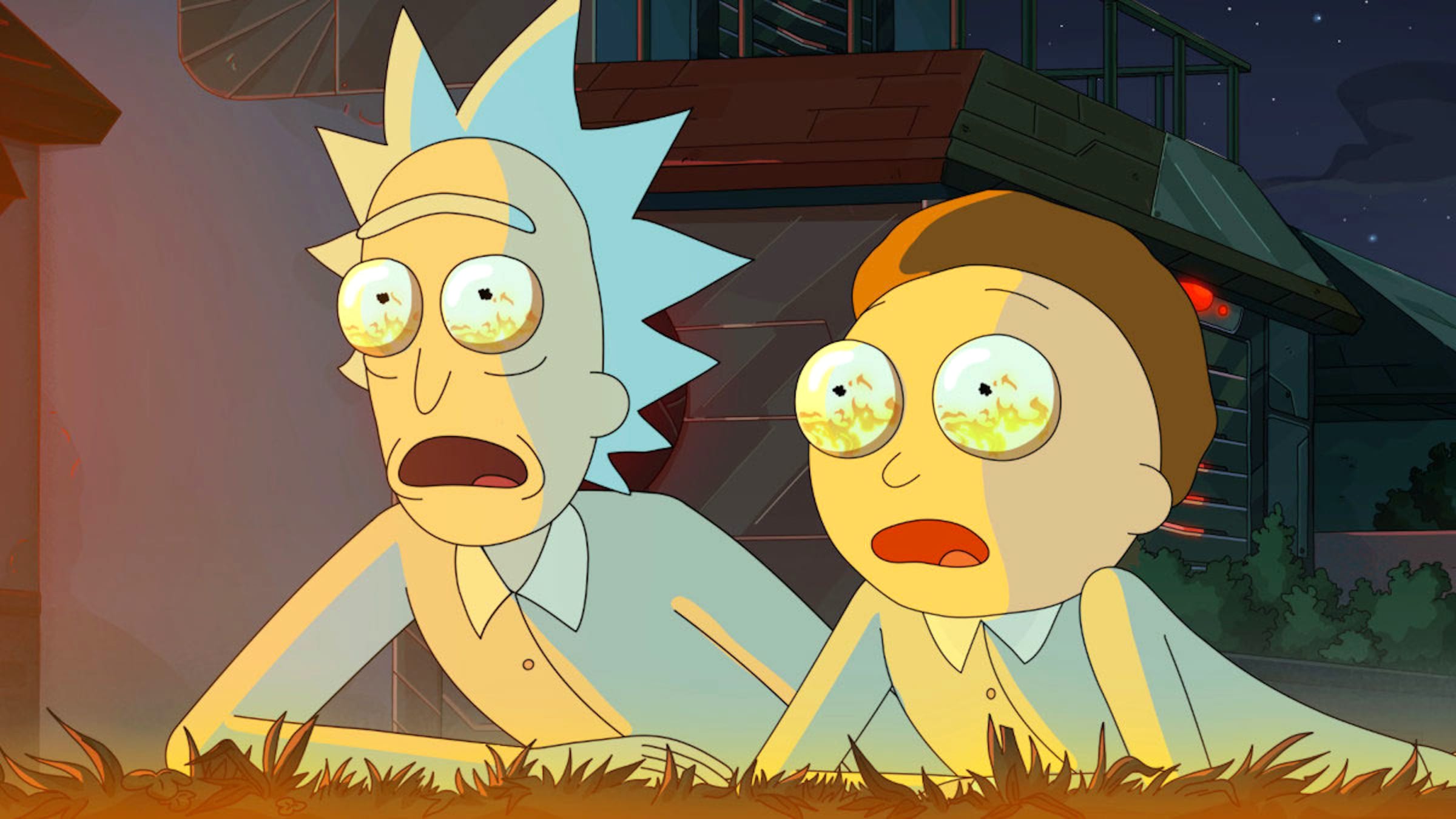Fan Debates: Is Rick a Hero or a Villain?
Welcome back, fellow fans of animated chaos and existential dread! Today, we’re diving deep into the cosmic whirlpool of animated genius that is Rick and Morty, specifically the grand debate that stirs the pot of fandom: Is Rick Sanchez a hero, or is he, in fact, the villain of his own story? Strap in as we unpack this conundrum that has sparked countless discussions (and maybe a few unwarranted internet fights).
>>>Buy now: The Infinite Rick Rick And Morty 3D Hoodie

A Brief Overview of Our Favorite Mad Scientist
For those living under a rock or perhaps in an alternate dimension, Rick Sanchez is the genius, albeit nihilistic, scientist with a penchant for adventure, interdimensional travel, and ethically questionable decisions. Whether inventing gadgets that could make our wildest sci-fi dreams come true or downing a flask of vodka like it’s Gatorade, Rick is the definition of larger-than-life. He’s also got a family (hi, Morty!), who often finds themselves dragged along on wildly dangerous and surreal escapades. But amidst the laughs and the wild plotlines, there’s a darker, more philosophical discussion about Rick’s role as either a hero or a villain.
The Hero Argument
Let’s start with the ‘Rick is a hero’ camp. At first glance, Rick’s heroism is hidden under layers of sarcasm and cynicism, but let’s peel those layers back.
- Genius-Level Intelligence: Rick’s intellect is off the charts – he’s traveled through countless dimensions, created groundbreaking technologies, and has an uncanny ability to find solutions to seemingly insurmountable problems. In many episodes, he saves not only his family but also entire worlds from disaster (even if his methods are a bit unorthodox). For example, who could forget the two-part episode “The Wedding Squanchers”? Here, despite the chaos, Rick tries to bring his family together and protect them from a life that could possibly lead to their doom.
- Subverting Evil: Rick frequently takes on larger-than-life villains who embody the very essence of tyranny and oppression. From the Galactic Federation to evil versions of himself, Rick stands against oppressive forces, often embodying the rebellious spirit of a true hero fighting back against the system. He positions himself against the establishment, challenging norms and societal expectations—something we often associate with heroic figures.
- Complexity of Morality: Rick’s choices often reflect deeper philosophical dilemmas. He grapples with themes of mortality, the ethics of interdimensional travel, and the implications of existence itself. Some fans argue that Rick’s awareness of these issues makes him a tragic hero—one who bears the burden of knowledge and actions that more traditional heroes might shy away from. He isn’t just saving the day; he’s questioning the very fabric of what a hero should be.

The Villain Argument
Now, let’s pivot and examine the reasons why Rick could be seen as the villain in his own story. Spoiler alert: the evidence is just as compelling, if not more so.
- Narcissism and Self-Destruction: Rick’s egocentricity often leads him to disregard the well-being of those around him, including his family. He tends to manipulate Morty and other characters to achieve his ends, prioritizing his desires over their safety or happiness. This calls into question whether he’s acting out of genuine love or selfishness. For instance, the way he treats Beth, Jerry, and Morty can often be viewed as emotionally damaging, leaving deep scars and creating a cycle of trauma that they must navigate.
- Consequences of Carelessness: Many episodes illustrate how Rick’s reckless behavior has profound—and often catastrophic—consequences for others. Remember the episode “Pickle Rick”? Sure, it’s lauded as one of the funniest episodes, but beneath the surface, it’s a story about Rick avoiding family therapy and throwing caution to the wind, putting everyone in danger due to his unwillingness to confront personal issues.
- Moral Ambiguity: While Rick pretends to disdain moral codes or boundaries, this often leads to disturbingly amoral behavior. He’s willing to sacrifice innocent lives for his own amusement or to prove a point, essentially showing a blatant disregard for the universe’s moral fabric. In “The Ricklantis Mixup,” for example, we see alternate Ricks who have embraced villainy to survive in a ruthless society, reflecting the darker aspects of what Rick represents—the potential for corruption when one is too intelligent and too powerful to be held accountable by traditional norms.
The Verdict: Anti-Hero Complex
So, where does that leave us? The beauty of Rick and Morty lies in its complex character arcs, and Rick Sanchez embodies the ultimate anti-hero: a flawed, multi-dimensional character who vacillates between heroism and villainy. He’s not simply one or the other; he’s a cocktail of both traits, and perhaps that’s what makes him so compelling.
As fans, we can appreciate that heroes aren’t always perfect, and villains can sometimes have redeeming qualities. This gray area reflects the human experience, driven by personal biases, past traumas, and difficult moral choices. The genius of the show is that it holds up a mirror to us, prompting us to reflect on our own complexities.
>>> Read more: Why Did Justin Roiland Leave Rick and Morty?

The Final Thought
In conclusion, whether you see Rick as a hero or a villain, or perhaps an anti-hero caught in an existential crisis, one thing is clear: he sparks endless debate and introspection. Perhaps it’s the debates about his character that make Rick and Morty rich and rewarding to fans old and new. So grab your portal gun, summon your inner nihilist, or maybe even pour yourself a tablespoon of alcohol (we recommend responsibly, though), and keep pondering just what it means to be a hero in a universe that often feels utterly chaotic.
In the end, maybe it’s that very chaos that we love about Rick—and maybe that’s the point. Until next time, keep your mind open and your portal gun handy!

